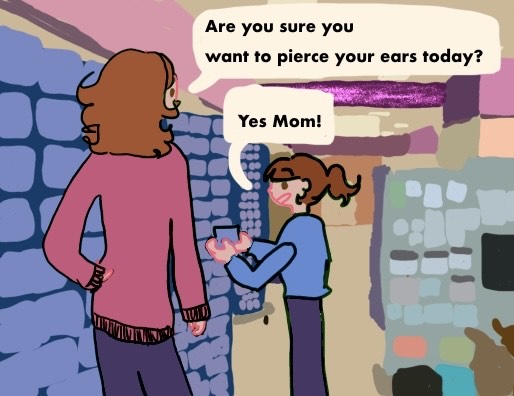What is better than sinking into your living room sofa with some chips and a drink ready to watch all your favorite celebrities walk across the stage accepting their award? At the same time, thoroughly inspecting every celebrity outfit like an award-winning fashion designer.
Every year the Grammys and Oscars roll around where music and movie-loving fans get to see what musicians, producers, directors, and actors the Academy deems to have made the biggest impact over the year.
This year’s Oscar nominees, in particular, are notably crucial to the representation of actors and actresses of color. While there is a great number of Asian and Asian American actors getting the recognition they deserve, there continues to be a large diversity gap among the Academy Awards.
Film representation holds an importance in influencing and shaping cultural views.
Representation of people of color has increased as time goes on but continues to be an issue in the film industry. Not only has the talent and hard work of actors of color been unappreciated in the creation of films, as well as during the Oscar Awards.
Back in 2015, activist April Reign tweeted, #OscarsSoWhite, in response to 20 nominations being given to all white actors for the upcoming Oscars. Over time, the hashtag made its way around and began to be used by Award show viewers and actors of color. While the Academy of Motion Picture Arts and Sciences had no response, the hashtag continued to grow.
Afterward, the 2016 Oscar nominees were announced, containing predominantly white actors again. The #OscarsSoWhite hashtag became popular again. Only now, the Academy had a response announcing they will begin to set goals to invite a wider breadth of actors and filmmakers more diverse in gender, race, and ethnicity.
Yet do they understand why people, in particular people of color, have such a big issue with only white actors and filmmakers getting the recognition they deserve? While white actors and filmmakers are undeniably deserving of their nominations, there is a continuous cycle of actors of color losing their opportunity of an Oscar.
In my point of view, as a spectator of award shows, it hurts me to see minorities not getting the recognition they deserve. Now, I cannot only imagine how they feel when not even receiving a nomination. As viewers, a way to combat the issue actors and filmmakers of color face is by voicing why their representation is important.
Imagine a little Hispanic girl excited to watch the Oscars and watch all the winners be announced with a dream of being on that stage one day. While she is invested in the award show she is filled with sadness. No one winning awards looks like her. No woman and no women of color went up on the stage to receive their award. What example does that show to younger generations who dream of being an Oscar-winning actor?
A more diverse award show is our goal to include all people of different genders, races, and ethnicities. By bringing diversity into films and nominees of award shows, audiences can open their eyes to the issues faced. As we negatively see the hashtag #OscarsSoWhite now, in the future we hope to see that hashtag and notice the priority of diversity in award shows.







